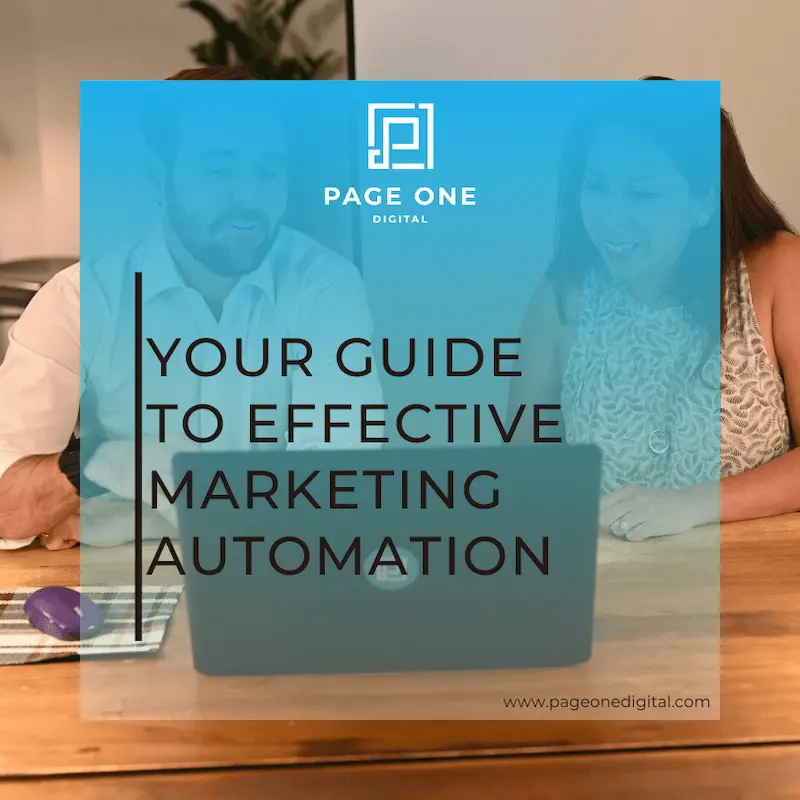Staying ahead in the ever-evolving world of digital marketing requires more than effort alone—it demands smarter and stronger strategies. Marketing automation is a modern-day game-changer that can improve your approach by saving time and streamlining the process to boost efficiency. This guide will help you understand the ins and outs of marketing automation so that you can use it to your advantage in everything from email to social media to lead generation.
Understanding Marketing Automation
At its core, marketing automation involves using software to streamline, automate, and measure marketing tasks and workflows. From email campaigns and social media scheduling to creating personalized content and enhancing the customer experience, marketing automation empowers you to execute repetitive tasks with minimal manual intervention.
Email Marketing Automation
You can automate your email campaigns based on customer behaviors, preferences, and interactions. This offers the ability to send personalized, targeted messages at the right time so you can nurture those leads and increase customer engagement. Popular platforms like Mailchimp and Aweber come with easy-to-use email automation tools built-in.
Social Media Automation
Imagine efficiently managing social media campaigns by scheduling posts, monitoring engagement, and analyzing performance—all within a centralized automation platform. Marketing automation makes it happen. A consistent and strategic social media presence is crucial for effective marketing, and automation ensures you stay active without constant manual efforts. With AI tools, you can take additional steps to automate comments, chats, and captions within social media.
Lead Management Automation
Within marketing automation exists an array of CRM tools that help identify and prioritize potential customers. These tools analyze customer interactions and assign conversion scores based on engagement levels. This, in turn, allows your sales team to shift their focus on leads more likely to convert.
Automation tools can also help guide your leads through your sales funnel with automated ease. From initial contact to post-purchase communication, marketing automation helps reduce manual effort while minimizing the risk of overlooked tasks. Plus, it empowers you to track key metrics, analyze customer behavior, and use data-driven insights to refine and continuously optimize your strategies.
From setting up campaigns to providing ongoing support, Page One Digital is here to help ensure you harness the full potential of marketing automation. Contact us today to streamline your marketing efforts and position your business for sustained growth and success.
Related Posts
Getting Started with Email Marketing Part 7: Tracking Your Success
You may have noticed that throughout this entire email marketing series I keep mentioning the importance of measuring your email campaigns. If you are spending time and money on any type of marketing, why wouldn't you make sure you are getting the best results?

Getting Started With Email Marketing Part 6: Scheduling Campaigns
Email marketing is similar to social media in that you should post at optimal times, and plan your content well-in-advance. Email campaigns need to be sent strategically to give your audience what they want and to get you the best return on your investment.

Getting Started with Email Marketing Part 5: Designing Your Emails
The first step to begin email marketing is choosing a platform. Most email marketing platforms offer a variety of templates that you can customize for your brand. You should have a guideline for the designs for your emails so that you can schedule them in advance instead of rushing to get them set-up the day they need to go out. (Don't miss out on my email marketing series! Make sure to subscribe.)


